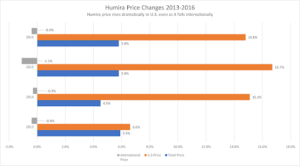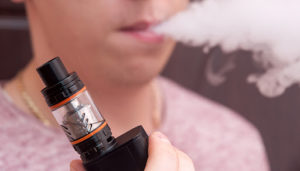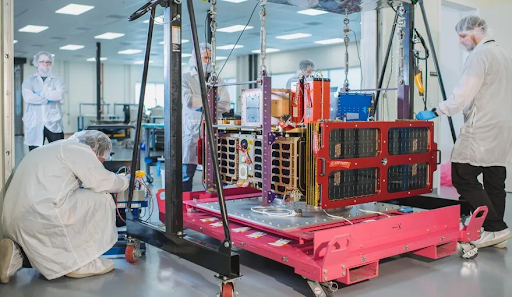Beyond Natural Talent
Performance-enhancing and appearance-enhancing drugs endanger college sports and athletes, emphasizing the need for prevention measures and athlete awareness.

Emergency Medicine Residents’ Association
Sports organizations continue to crack down on PEDs and APEDs.
March 30, 2023
Performance-enhancing drugs (PEDs) and appearance-enhancing drugs (APEDs) are substances that athletes use to improve their performance. These drugs include anabolic steroids, growth hormones, stimulants, and other substances that can improve strength, endurance, and recovery time, says the National Center for Biotechnology Information (NCBI). Despite strict rules and regulations from the National Collegiate Athletics Association (NCAA), college athletes continue to use PEDs to gain a competitive edge.
NCBI states that PEDs and APEDs can be made in underground labs or bought illegally online, and they are often not regulated for purity or safety. Student athletes may use these drugs to improve their performance or physical appearance, but they can have serious side effects, including liver and kidney damage, heart problems, infertility, and even death.
The NCAA has implemented strict rules and regulations to combat the use of PEDs and APEDs in college sports. The organization conducts year-round drug testing, and student-athletes who test positive for banned substances face severe consequences, including suspension, loss of scholarship, and even expulsion from their team or school. Despite these efforts, some college athletes continue to use PEDs and APEDs. The NCAA reports that approximately one to two percent of college athletes test positive for PEDs each year. Using these drugs not only violates the principles of fair play but also poses significant health risks to athletes.
The use of these drugs by college athletes are a serious concern that threatens the integrity of college sports and the safety of student athletes. These drugs can provide short-term gains in performance and appearance, but they can have long-term consequences that can be irreversible. The NCAA is working hard to combat the use of these drugs in college sports, but student athletes, coaches, parents, and the public must all play a role in preventing their use.










